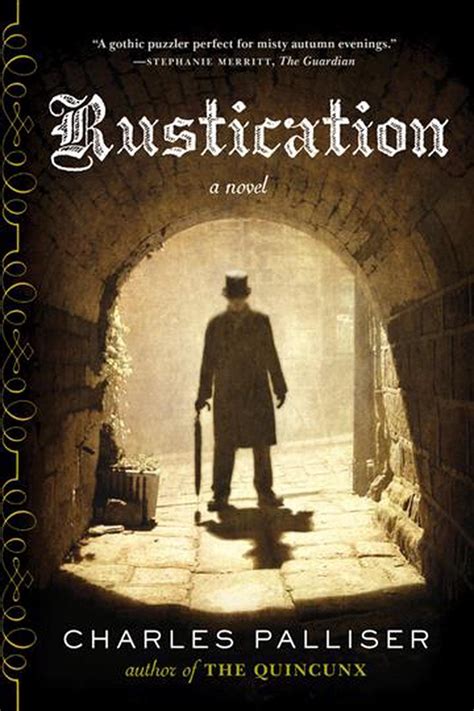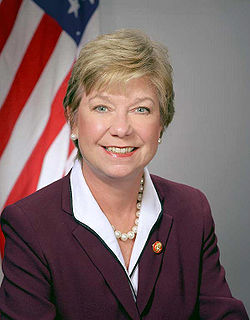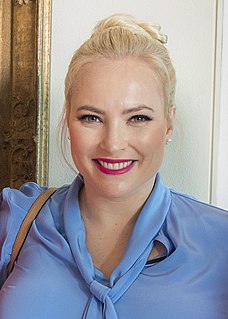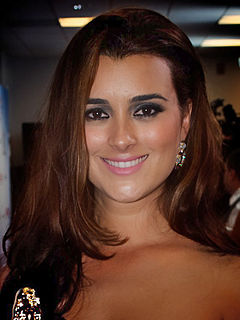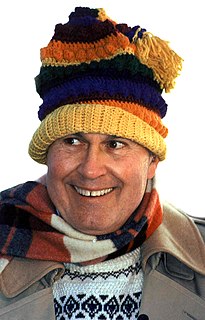A Quote by Charles Palliser
Living with my grandmother in Bath, I sort of thought I was living in the 19th century. My grandmother was someone who, in a way, was rather defiantly trying to live a pre-World War I existence.
Related Quotes
Growing up, I thought my grandfather was dead. Later, I learned he was alive, but my family pretended he didn't exist because of the terrible way he'd abused my grandmother and my mother. He did things like shave my grandmother's head and lock her in a closet. With my mother's help, my grandmother finally left him.
Well, when Eleanor Roosevelt's mother dies, she goes to live with her Grandmother Hall. And her Grandmother Hall is in mourning. She's in widow's weeds. She's in her 50s, but appears very old. And she's exhausted from raising rather out-of-control children. Her favorite daughter, Anna, has died (Eleanor's mother), and she has living at home two other sons, Vallie and Eddie. And they are incredible sportsmen, incredible drinkers, out-of-control alcoholics.
It was Harry Patch, who was the last living World War I veteran; and by veteran I mean someone who actually fought in the war, he didn't just happen to be in the army at that time, in the Great War. And when the Iraq War started, he was interviewed, and they said, well what do you think of this? And he said, in a very sad voice, "Well, that's why my mates died. We thought we were going to end all that sort of thing."
